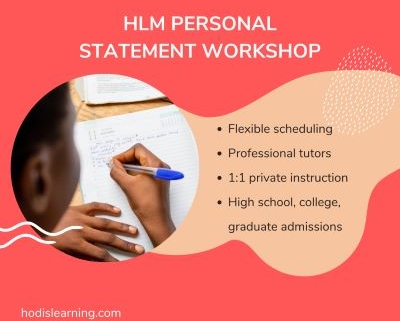College is an exciting time filled with possibilities! Starting college means new classes, new independence, and meeting new people. But while campuses can seem buzzing with activity, many students quietly experience loneliness in those early months. Here’s what every college student (and parent) should know about loneliness and the journey to finding your community on campus.
Loneliness in College Is Normal, Especially at First
If you’re feeling isolated or unsure of where you fit in, you’re not alone. In fact, loneliness is one of the most common emotional experiences during the first semester of college. Why?
- Everything is new. New environment, new people, new routines. It’s a lot for anyone to adjust to all at once.
- Relationships take time. Real friendships don’t form overnight. It takes time to find people who you truly connect with.
- Social media adds pressure. It can feel like everyone else is effortlessly making friends, but remember that what you see online is rarely the full picture.
Loneliness doesn’t mean you’re doing anything wrong, it just means you’re human, and you’re adjusting to a major life change.
How to Combat Loneliness and Find Your People
The good news is that colleges are filled with opportunities to meet people, explore interests, and find community!
1. Start Small and Show Up
You don’t have to join five clubs or attend every campus event. Just start with one small step, like:
- Introducing yourself to someone in class
- Attending a residence hall event
- Attending a club meeting that aligns with an interest
- Studying in a shared space like a library or lounge
Even showing up regularly to the same coffee shop or study area can create familiarity and natural opportunities for connection.
2. Join Groups That Match Your Interests
Colleges often have clubs and organizations that span nearly every interest– academic, cultural, creative, athletic, and more. Whether it’s student government, a dance team, a coding club, or an intramural sport, these groups are designed to help students connect around shared passions.
Check out bulletin boards, explore your college’s website, or search social media to find groups and events on campus.
3. Don’t Be Afraid to Be the One Who Reaches Out
Everyone’s looking for connection, even if they’re not saying it out loud. If you’re waiting for others to make the first move, you may be waiting a long time.
- Ask a classmate to grab coffee or study together
- Start a group chat with peers in your dorm or class
- Send a message to someone you met at orientation or an event
It can feel vulnerable at first, but most people will be glad you reached out because chances are, they’re feeling the same way.
4. Seek Support When You Need It
If feelings of loneliness persist, it’s okay to talk to someone. Many campuses offer mental health counseling, peer mentoring, and wellness services. Keep in touch with family and other friends who aren’t on campus. You can also find a professional, licensed therapist to talk to if you are struggling. Many mental health professionals offer virtual sessions, or you can find one with an office near your school.
Academic Support Can Be Helpful
Sometimes, students feel isolated because they’re struggling to connect in class or keep up with the academic pace. A tutor can become an important part of your community as someone who encourages you, helps you stay on track, and reminds you that you’re not alone in this journey.
We’re proud to offer personalized, one-on-one tutoring that goes beyond homework help. Our sessions create space for students to feel seen, supported, and empowered both inside and outside the classroom. Call or email us today to learn how our tutoring and coaching services can help you feel more confident in college.
Final Thoughts
Feeling lonely in college doesn’t mean you’re in the wrong place, it just means you’re adjusting to something big. Give yourself time, keep reaching out, and remember that community isn’t built in a day.





